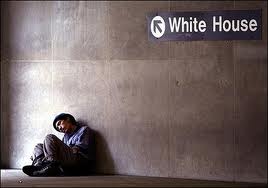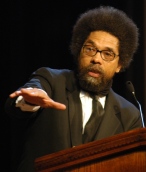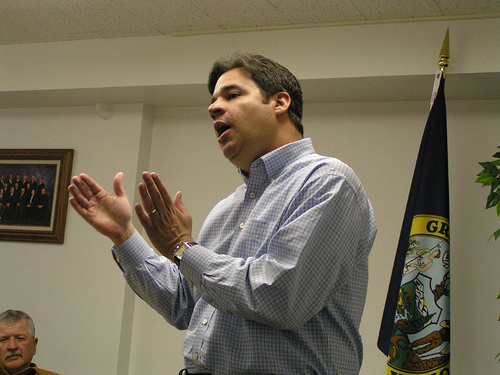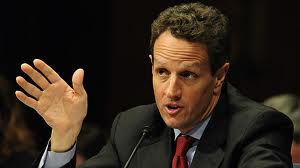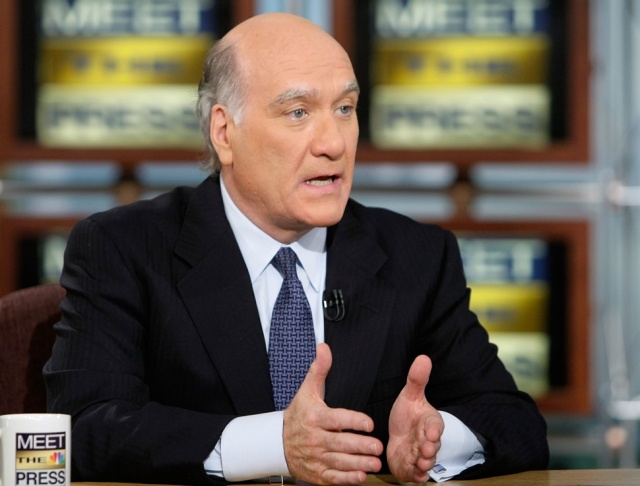 When legislators in Congress are appointed to a “presidential blue-ribbon committee,” their importance raises in their party. Instantly, their influence is more significant, and the media begins to seek them out for interviews. The six Democrats, three from the Senate and three from the House, and the six Republicans three from the Senate, and three from the House comprise “Obama’s Super Committee.”
When legislators in Congress are appointed to a “presidential blue-ribbon committee,” their importance raises in their party. Instantly, their influence is more significant, and the media begins to seek them out for interviews. The six Democrats, three from the Senate and three from the House, and the six Republicans three from the Senate, and three from the House comprise “Obama’s Super Committee.”
The “Super Committee” is a twelve bipartisan Congressional group who will work on a debt-reduction strategy to reduce the deficit by $1.5 trillion by Thanksgiving of this year. The twelve member panel has a historic opportunity to overhaul the Tax Code and entitlements. If the committee fails to produce a debt reduction plan of $1.2 trillion, across-the-board cuts would kick in evenly divided between defense and non-defense spending to make up $1.2 trillion in cuts.
 The committee’s co-chairs are Representative Jeb Hensarling (R-TX) and Senator Patty Murray (D-WA). The rest of the members are as follows; Representative Chris Van Hollen (D-MD), Senator Jon Kyl (R-AZ), Senator John Kerry(D-MA), Senator Pat Toomey (R-PA), Senator Max Baucus (D-MT), Senator Rob Portman (R-OH), Representative Xavier Becerra (D-CA), Representative Dave Camp (R-MI), Representative James Clyburn (D-SC), and Representative Fred Upton (R-MI).
The committee’s co-chairs are Representative Jeb Hensarling (R-TX) and Senator Patty Murray (D-WA). The rest of the members are as follows; Representative Chris Van Hollen (D-MD), Senator Jon Kyl (R-AZ), Senator John Kerry(D-MA), Senator Pat Toomey (R-PA), Senator Max Baucus (D-MT), Senator Rob Portman (R-OH), Representative Xavier Becerra (D-CA), Representative Dave Camp (R-MI), Representative James Clyburn (D-SC), and Representative Fred Upton (R-MI). There is a good cross-section of experience and knowledge on the panel, but I wonder if anyone has the courage to significantly cut the military’s budget and funding. In the last ten years, the military base budget has increased by 80% from $302 billion in 2000 to $545 billion in 2011, says the National Priorities Project. The total cost of the Iraq war since 2001 is $869 billion, and the cost of the Afghanistan war $487 billion.
There is a good cross-section of experience and knowledge on the panel, but I wonder if anyone has the courage to significantly cut the military’s budget and funding. In the last ten years, the military base budget has increased by 80% from $302 billion in 2000 to $545 billion in 2011, says the National Priorities Project. The total cost of the Iraq war since 2001 is $869 billion, and the cost of the Afghanistan war $487 billion.
Most people ignore the nation’s security budget, but that became a new line item in 2001 with homeland security. This is a hard line item to arrive at because it flows through dozens of federal agencies. It started as a request for 16 billion, but in the last ten years the government has spent $636 billion.
 When the figure for military spending for the last ten years is added up, the number is around
When the figure for military spending for the last ten years is added up, the number is around $8 trillion. This is the number that the National Priorities Project has used, but a recent study published by the Watson Institute of International Studies at Brown University took a broader approach. By including funding for such things as veterans benefits, future cost for treating the war-wounded, and interest payments on war related borrowing, they came up with an additional $3.2 trillion.
$8 trillion. This is the number that the National Priorities Project has used, but a recent study published by the Watson Institute of International Studies at Brown University took a broader approach. By including funding for such things as veterans benefits, future cost for treating the war-wounded, and interest payments on war related borrowing, they came up with an additional $3.2 trillion.
These additional expenses increase the number for military spending in ten years to be around $11 or $12 trillion. With all the serious discussion on reducing the debt, it would seem logical to take a hard look at military funding and spending. There are some on the Super Committee who are against cutting military spending and believe that funding should be increased.
 Nevertheless, the question must be raised, is our country safer with all the money being spent, and is the money being wasted? For the last ten years, the government has tries to do an audit with the military, and they haven’t had any success. There are so many secret funds, because of national security, an audit is vertically impossible.
Nevertheless, the question must be raised, is our country safer with all the money being spent, and is the money being wasted? For the last ten years, the government has tries to do an audit with the military, and they haven’t had any success. There are so many secret funds, because of national security, an audit is vertically impossible.
Everyone knows that there is fraud, waste, abuse, and mismanagement in the military’s budget. It would appear that in the military’s budget, the legislators could find $600 to $700 billion to cut over the next 5 to 10 years. Cutting another $500 billion is going to be tough and the Super Committee has its work cut out for them.
The president is finally getting the parties to sit down and arrive at a compromise. All eyes and the media will be focused on the Super Committee for the next four months.






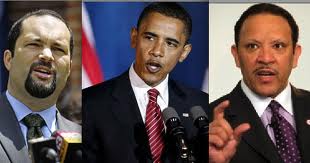
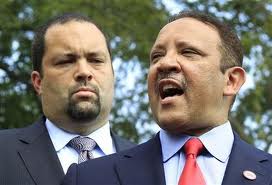


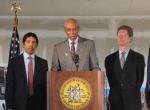 has made to address urban economic development through initiatives such as Strong Cities and Strong Communities. These programs act to spur economic growth in urban centers while ensuring taxpayer dollars are used wisely and efficiently.
has made to address urban economic development through initiatives such as Strong Cities and Strong Communities. These programs act to spur economic growth in urban centers while ensuring taxpayer dollars are used wisely and efficiently.


